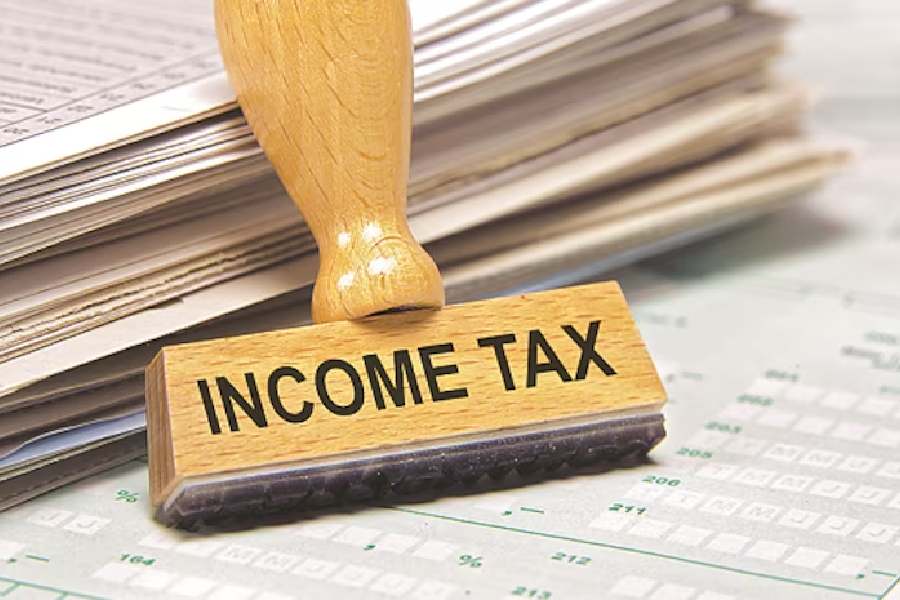The Modi government is set to introduce Income Tax Bill, 2025 in Parliament on Thursday, replacing the six-decade-old Income Tax Act, 1961 with simplified rules.
The new legislation will feature 16 schedules and 23 chapters compared with 14 schedules in the existing Act, with sections reorganised for greater clarity.
The Bill, once enacted, will allow tax reliefs and amendments to be introduced via executive orders, eliminating the need to wait for budget announcements.
The new Bill will introduce a “tax year”, replacing the terms “previous year” and “assessment year”, streamlining the taxation period to a 12-month cycle starting April 1.
The Income Tax Bill, 2025, consists of 536 sections, up from 298 in the 1961 Act.
Despite the additional sections, the total page count has been cut to 622, nearly half of the current bulky Act, which had grown voluminous due to amendments over the years.
The CBDT (Central Board of Direct Taxes) will gain enhanced powers to frame tax administration rules, implement compliance measures and introduce digital tax monitoring without requiring frequent legislative amendments.
The Bill is expected to be sent to a Parliamentary Standing Committee for further scrutiny after its introduction.
The new law removes obsolete sections such as those related to fringe benefit tax, while also eliminating provisos, explanations and excessive cross-referencing.
It replaces the frequently used term “notwithstanding” with “irrespective”.
The Bill introduces tables and formulas to simplify TDS (tax deducted at source), presumptive taxation, salaries, and bad debt deductions. It also includes a taxpayer charter outlining taxpayer rights and obligations.
Notably, income categories not forming part of total income have been moved to schedules to streamline the statute. The Bill explicitly categorises digital creators, freelancers, YouTubers and social media influencers as taxable entities under business income.
“Announcements for income-tax reliefs or amendments to the income-tax law will now no longer be required to wait till budget proposals. The government can make the changes by way of executive orders only,” Sanjay Basu, founding partner, Aquilaw, said.
Tax expert and advocate Narayan Jain said: “The bill is expected to make compliance easy for taxpayers and administrators alike, ultimately helping to cut down on tax-related litigation.
“The Income Tax Bill, 2025 is likely to introduce specific provisions for social media influencers, YouTubers, freelancers, and digital content creators to ensure compliance with income tax regulations.”
Sandeep Jhunjhunwala, partner at Nangia Andersen LLP, said TDS-related sections have been consolidated into a single clause with simple tables, making compliance easier.
Amit Gupta, partner at Saraf and Partners, highlighted that corporate tax rates remain largely unchanged, but the Act has been restructured for better readability.
He noted that depreciation is now classified as a deduction rather than an allowance, marking a shift in treatment.
Lokesh Shah, partner at IndusLaw, emphasised that while major computational and assessment procedures remain unchanged, provisions have been restructured, and exempt income conditions are now tabulated for clarity.
Shah also pointed out that the term “digital” appears 47 times, reflecting the increased focus of the government on crypto and virtual assets taxation.

